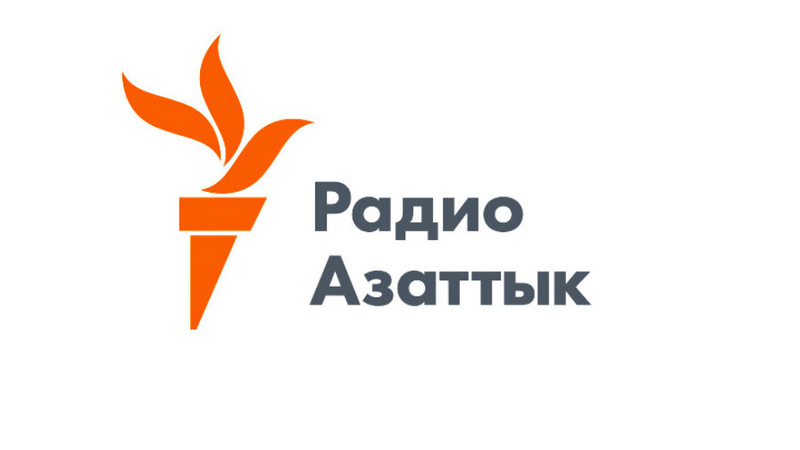IPI and its global network welcome the Bishkek City Court’s decision to annul an April shut down order for Radio Azattyk, the Kyrgyz service of the U.S. Congress-funded broadcaster RadioFreeEurope/RadioLiberty. The ruling clears the way for the broadcaster to return online after being blocked since October of last year. IPI had previously condemned the decision to block Radio Azattyk and had repeatedly called on Kyrgyzstan to overturn the ban.
“As a result of concerted advocacy and support from the international community, Radio Azattyk will continue to reach its audiences with trusted reporting,” acting RFE/RL President Dr. Jeffrey Gedmin said in a statement.
The decision to reverse the April ruling was announced on July 12 at an appeal hearing at the Bishkek City Court, during which an agreement between Radio Azattyk and Kyrgyzstan’s Ministry of Culture was finalized, effectively settling the case. It also comes as the European Parliament was set to debate a resolution on the crackdown on the media and freedom of expression in Kyrgyzstan.
“IPI welcomes the Bishkek City Court’s decision reversing the ban on Radio Azattyk. This decision is good news for press freedom and for the Kyrgyz public’s right to information”, IPI Deputy Director Scott Griffen said.
He added: “However, we underscore that the order to shut down Radio Azattyk was wrong from the beginning. The outlet should never have been punished for publishing information that the government did not agree with. Amid what has been a steadily worsening environment for media freedom in Kyrgyzstan, we hope that this decision marks a turn toward greater respect for the media as a fundamental pillar of democracy. In particular, Kyrgyzstan’s authorities must take urgent steps to prevent the abuse of legal provisions to restrict the work of the press and repeal laws that are not in line with international standards on freedom of expression.”
Last month, IPI signed a joint letter to the Kyrgyz government calling on authorities to refrain from developing and implementing ambiguous and overbroad legislation that can be misused to target and censor independent media and journalists, including the country’s false information law.
Banned after publication of video
Nine months ago, authorities in the Central Asian state blocked access to Radio Azattyk’s websites after the outlet’s sister television station published a video reporting on a Kyrgyz-Tajik border dispute. Kyrgyz authorities claimed the video’s producers were “predominantly” on the side of Tajikistan, and had spread false information about the conflict, a violation of Kyrgyzstan’s highly controversial Law on Protection from False Information, which was passed in 2021.
Radio Azattyk’s bank account was subsequently frozen, and the accreditations of 11 RFE/RL parliamentary correspondents were suspended. On April 27, following a lawsuit and pressure from the Ministry of Culture, the Lenin District Court ruled that Radio Azattyk would be suspended over its refusal to take down the video.
The July 12 settlement reached by Radio Azattyk and the Ministry of Culture adjusts the “general content storage protocols” on RFE/RL websites, meaning the video that led to the lawsuit will no longer be accessible.
IPI has advocated on behalf of Radio Azattyk and repeatedly called for the April decision to be reversed. The suspension of Radio Azattyk was also widely criticized by international human rights organizations, Kyrgyz politicians, celebrities, and journalists, who saw the legal action as an overt attempt to silence Radio Azattyk’s reporting of “inconvenient facts”, as then-RFE/RL President and CEO Jamie Fly called it at the time.
Since President Sadyr Japarov came to power in 2021, Kyrgyzstan’s media environment has steadily deteriorated as part of generalized democratic backsliding in the country. Last October, President Japarov’s administration proposed a new media law which would seriously hamper the work of journalists in the country. In late May, a group of Kyrgyz MPs proposed a bill, modeled on Russian legislation, amending a Kyrgyz law regulating non-profit organizations that could be used to suppress independent media and civil society.
